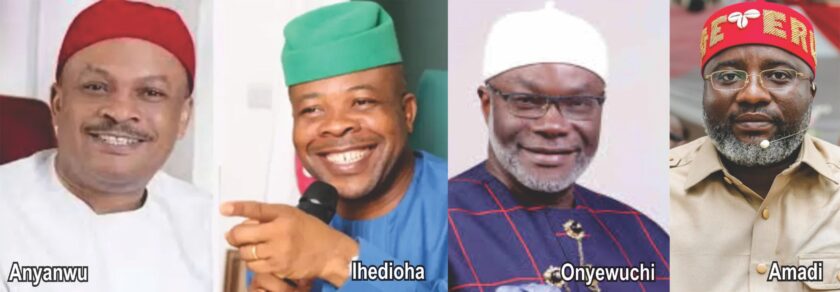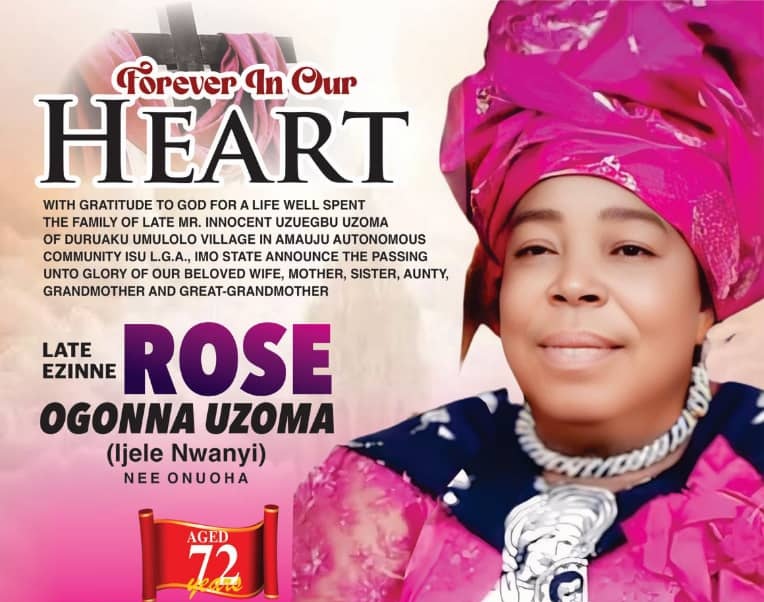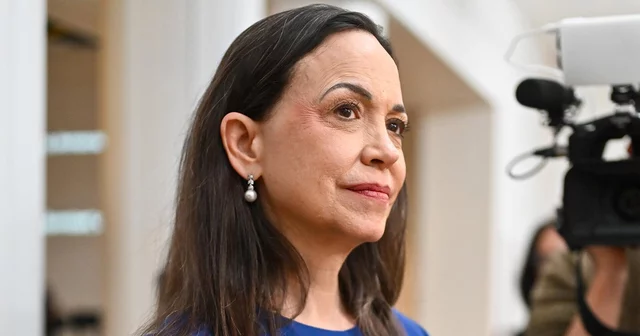
The by-elections held across the country last Saturday in 16 constituencies across 12 states, in terms of the organisation, the process and outcomes would seem to confirm one painful truth, namely that Nigeria’s democracy is still inchoate, tentative, fledgling, and that we are not yet anywhere near the target of democratic consolidation in Africa’s largest democracy. Students of Nigeria’s political history would readily recall that these were phrases used to describe and define Nigerian democracy after the return to democratic rule in 1999. Nigeria had been under the clutches of military dictatorship for the better part of its life as an independent nation (January to July 1966; August 1966 to 29 July, 1975; 29 July, 1975 – 13 February,1976; 13 February, 1976 – 1 October, 1979; 31 December, 1983 – 27 August, 1985, 27 August, 1985 – 26 August, 1993; 1993 – 1998 and 1998 – 1999. Over a period of 39 years, there were brief, eventually truncated moments of democratic rule which occurred between 1960 -1966, 1979 – 1983, 26 August, 1993 – 17 November, 1993. With the annulment of the Presidential election of 12 June, 1993, considered the freest and fairest in Nigerian history, and the isolation of Nigeria within the international community, the populace turned against the Nigerian military, which under General Sani Abacha bared its fangs and imposed a reign of terror on the people.
The people revolted against the military establishment blaming soldiers for their authoritarianism, and everything that may have ever gone wrong with Nigeria. Between General Ibrahim Babangida and General Sani Abacha, the Nigerian military was cast in the mould of an anti-people establishment which needed to be removed from governance. The death of Chief MKO Abiola in detention, that is Abacha’s gulag, further inflamed passions, and the people were more urgent in demanding the exit of the military. General Abdusalami Abubakar who succeeded General Abacha had his work cut out for him: to hearken to the people’s demands and process the transition to democracy programmes which the military had been toying with, adopting all kinds of subterfuge. On 29 May, 1999, the people’s aspiration was achieved with the swearing in of Chief Olusegun Obasanjo of the People’s Democratic Party (PDP), a former General as president. The people were elated. They hailed the return to democratic rule as the second liberation. They dismissed soldiers as villains. They swore that the worst form of civilian rule is better than the best form of military rule. Civilian rule was seen as Nigeria’s “second liberation”, the first being freedom from British imperialism. It is to the credit of Nigerians that for the past 36 years, the people have kept faith with democracy. But what is the quality of achievement? How have we fared? Democratic rule would seem to have brought a lot of development and growth, especially in the once troubled South South region, the civic society is relatively more open, with the people empowered to ask questions about governance and accountability, but after the various elections since 1999, the shadow of the military persists, and it may not be too cynical to argue that Nigeria’s democracy is still a work in progress, yet to mature and continues to raise fresh concerns about the Nigerian character.




